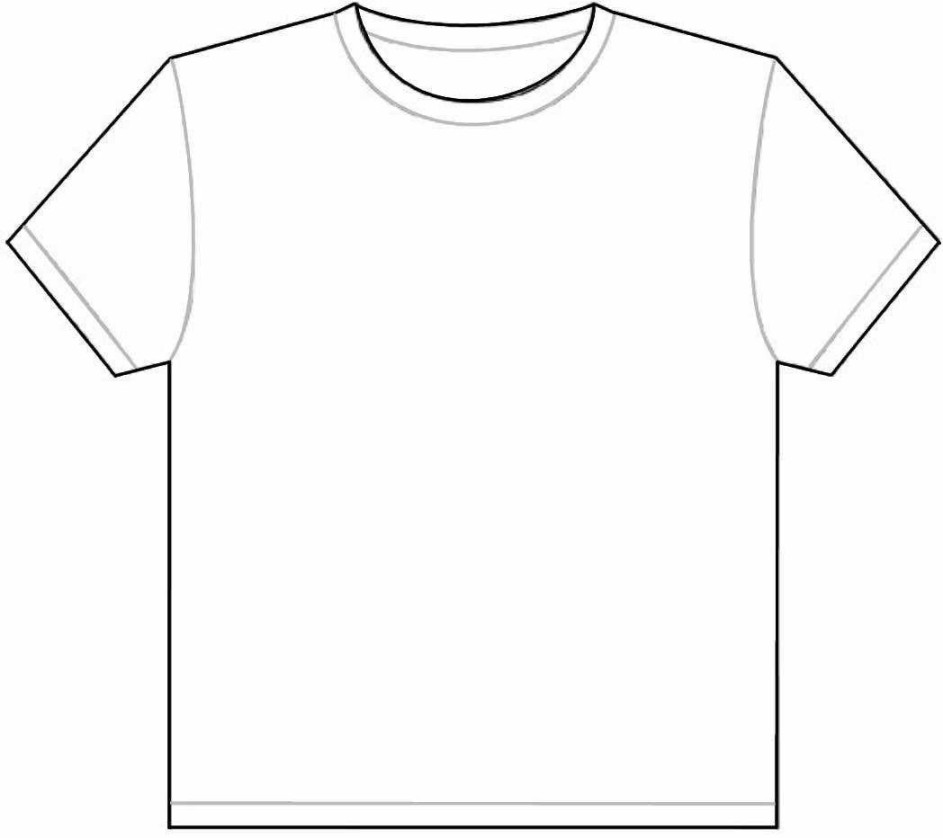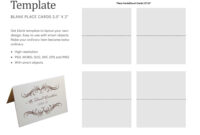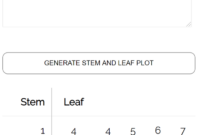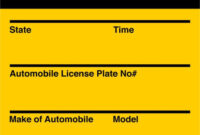A printable blank t-shirt template serves as a foundation for creating custom t-shirt designs. It provides a structured layout that ensures consistency and professionalism in the final product. When designing a template, it’s crucial to consider elements that convey trust and professionalism.
Layout and Composition

The layout of a printable blank t-shirt template significantly impacts its overall appearance. A well-balanced design creates a visually appealing and professional look. Consider the following aspects:
Center Alignment: Centering the design elements on the template creates a sense of symmetry and balance. Avoid off-center placement, which can appear amateurish.
Color Palette
The color palette of a printable blank t-shirt template plays a vital role in conveying professionalism and trust. Choose colors that complement each other and align with the intended audience and brand identity.
Monochromatic Palette: A monochromatic palette, consisting of different shades of the same color, can create a sophisticated and timeless look.
Typography
Typography is another crucial element in conveying professionalism and trust. Choose fonts that are legible, appropriate for the target audience, and complement the overall design.
Sans-Serif Fonts: Sans-serif fonts, such as Arial, Helvetica, or Roboto, are generally considered more modern and professional than serif fonts. They are often used in digital designs and can create a clean and contemporary look.
Design Elements
Incorporate design elements that enhance the professionalism and appeal of the printable blank t-shirt template.
Logo Placement: If applicable, place the logo prominently on the template, ensuring it is easily recognizable and aligns with the brand identity.
By carefully considering these design elements, you can create professional printable blank t-shirt templates that effectively convey your brand’s identity and leave a lasting impression on your audience.


